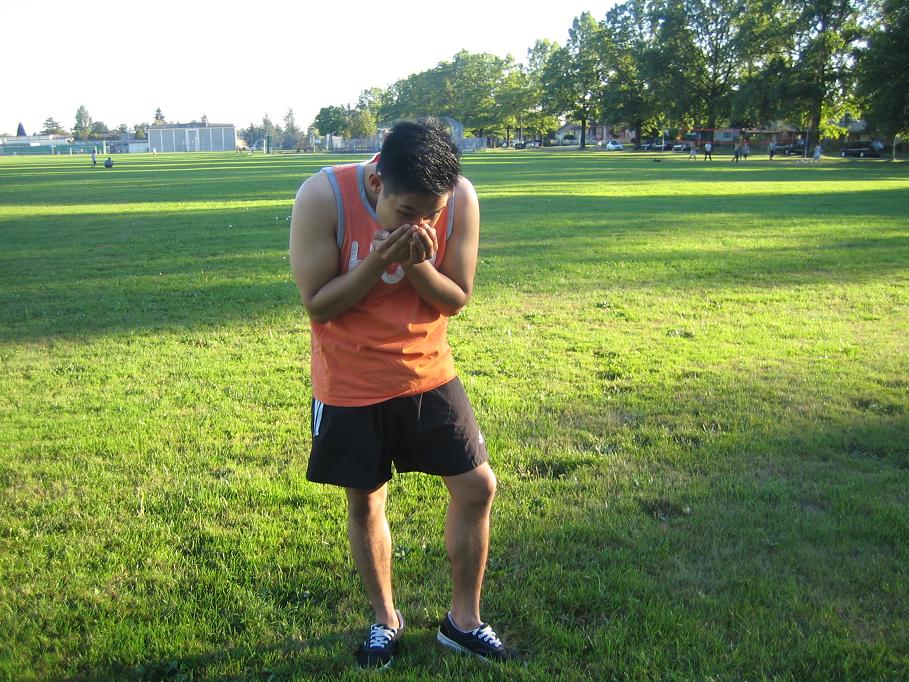Chronic congestion can be triggered by various factors such as overuse of decongestant nasal sprays, chronic allergic reactions as well as the diet and nasal polyps. When it comes to a chronic condition, it lasts for an extended period of time.
It is important to note that chronic congestion is a persistent case that results to sinus pain, stuffed nose and nasal drainage at the back part of the throat.
Chronic allergies
Chronic allergies usually last all year-round. Individuals who suffer from chronic allergies are able to learn to live with nasal congestion, itchy throat and irritated eyes. Always bear in mind that chronic allergies are the result of an unusual reaction of the immune system to a particular substance.

The most common allergens that can trigger chronic allergies include pollen, mold, animal dander and dust mites. An effective treatment for allergies is avoidance of these potential allergens. In severe cases, the doctor might recommend allergy shots.
Diet
The diet of an individual can also cause chronic nasal congestion. There are certain foods that can trigger the mucus membranes to generate large amounts of mucus that results to congestion.
Sensitivity to a particular food can instigate an overproduction of mucus. Avoidance of foods that can cause increased mucus production is the effective treatment. Just remember that any modifications to the diet should be discussed with a doctor.
Overuse of decongestants
Always bear in mind that rebound congestion is an outcome of overusing over-the-counter decongestant nasal sprays. These nasal sprays should only be used not more than 3 days.
If used more than 3 days, it can trigger psychological dependence on the medication due to its rapid and effective relief. The body overly relies on the medication, thus it no longer attempts to minimize the inflammation in a natural manner. Once the individual stops using the medication, he/she can experience congestion that is worse than before the product was used.
Nasal polyps
Nasal polyps are characterized as growths in the sinus cavity that can disrupt with the ability of the individual to breathe normally. As the polyps grow, the condition becomes worse which results to severe, chronic congestion.
The nasal polyps are managed with prescribed corticosteroid nasal sprays in most circumstances and even removed surgically in severe cases.

